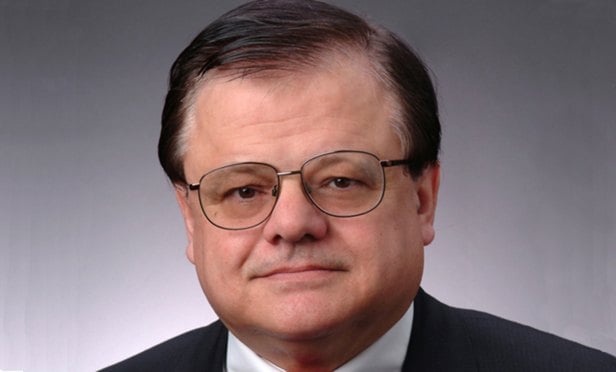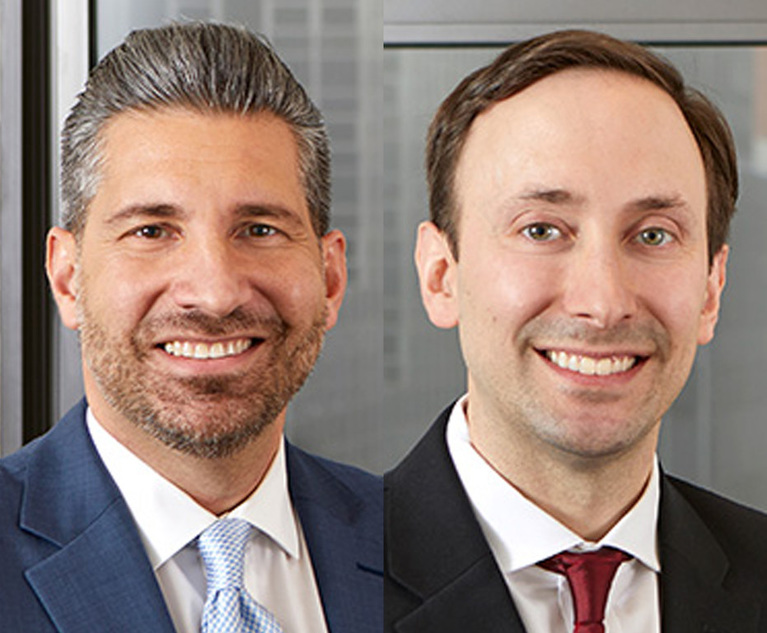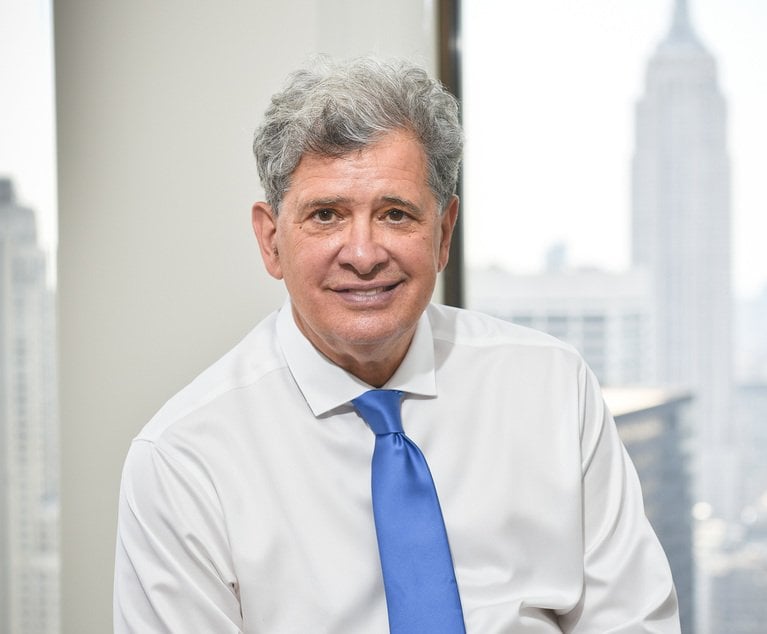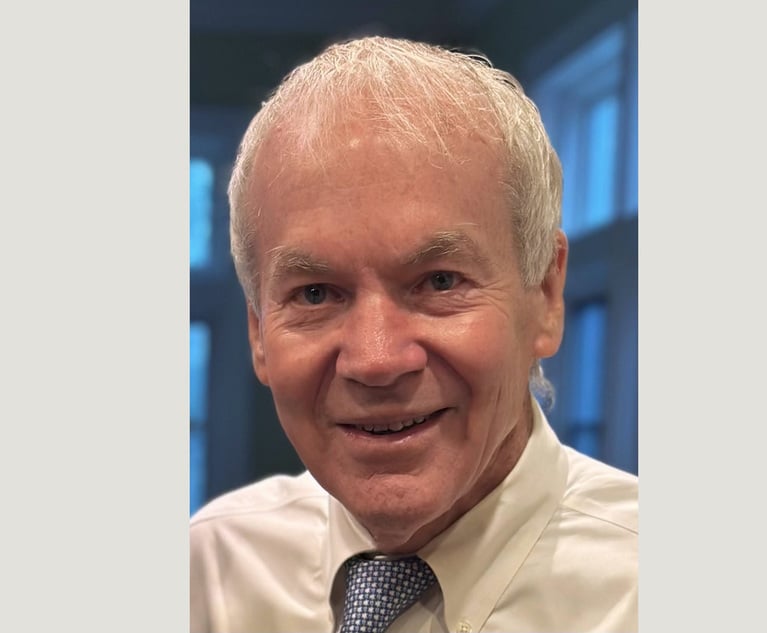The missing witness charge has long been a fixture in New York in both civil and criminal trials. (The early New York cases, and accompanying commentary, are cited in Laffin v. Ryan, 4 A.D.2d 21, 24-25 (3d Dep’t 1957).) As a general proposition, it “allows a jury to draw an unfavorable inference based on a party’s failure to call a witness who would normally be expected to support that party’s version of events. People v. Savinon, 100 N.Y.2d 192, 196 (2003). In People v. Smith, 2019 NY Slip Op. 04447 (June 6, 2019), the Court of Appeals once again addressed the charge, this time in the context of its “non-cumulative testimony” precondition and the burden shifting analysis necessary to determine whether that precondition has been met. Since Smith rejected an approach to the non-cumulative precondition followed in all four Appellate Divisions and provided further insights into the charge as well, this column will discuss it.
Missing Witness Charge
The Court of Appeals has noted the missing witness charge rests on “the commonsense notion that “the non-production of evidence that would naturally have been produced by an honest and therefore fearless claimant permits the inference that its tenor is unfavorable to the party’s cause.” People v. Gonzalez, 68 N.Y.2d 424, 427 (1986) (citations omitted). While the court did not state the exact nature of the unfavorable inference, it subsequently approved the charge as given in civil actions, found in Pattern Jury Instructions 1:75, which advises a jury that if a party fails to offer a reasonable explanation for its failure to call a witness to testify on an issue, then the jury “may, although [it is] not required to, conclude that the testimony of [the witness] would not support [that party’s] position on the question … and would not contradict the evidence offered by [the opposing party] on this question and you may draw the strongest inference against [that party] on that question, that opposing evidence permits.” 1A NY PJI3d (2019 ed.) 1:75. As to criminal actions, the Court of Appeals approved the Criminal Model Jury Instruction charge, now found in CJI2d (NY) (“A Party’s Failure to Call a Witness”), which provides the fact finder may infer from a party’s failure to call a witness that has knowledge on a relevant issue that if the witness had been called, he would not have supported the defense testimony on the issue of which he possessed knowledge. See People v. Paylor, 70 N.Y.2d 146, 149 (1987). (It has been observed in an authoritative treatise that the inference may be stronger when the prosecutor fails to call a friendly witness. Barker and Alexander, Evidence in New York State and Federal Courts (2d ed.) §4:5, n. 9.)


 Michael J. Hutter
Michael J. Hutter




